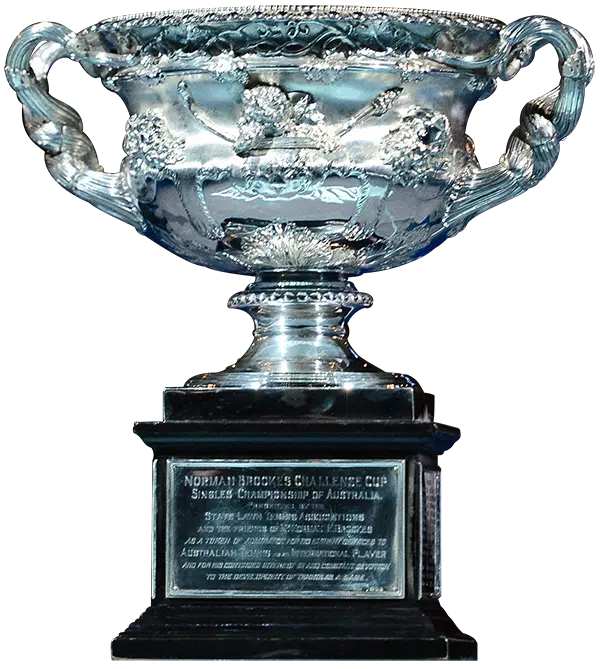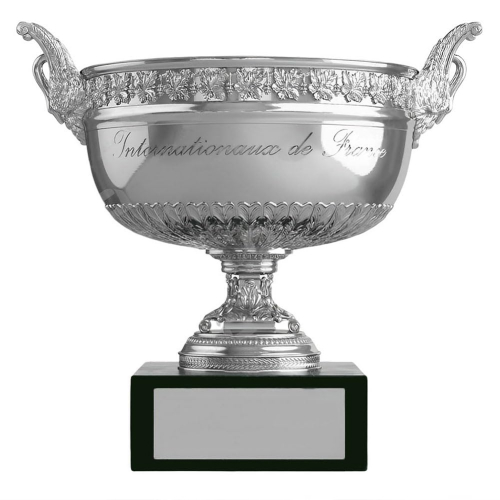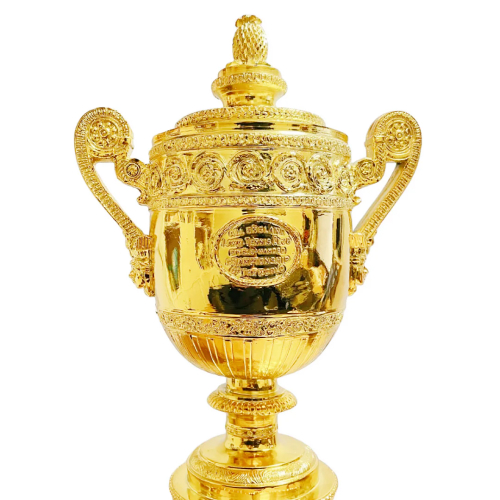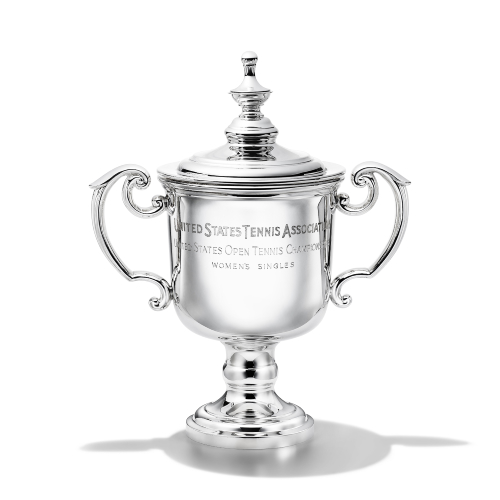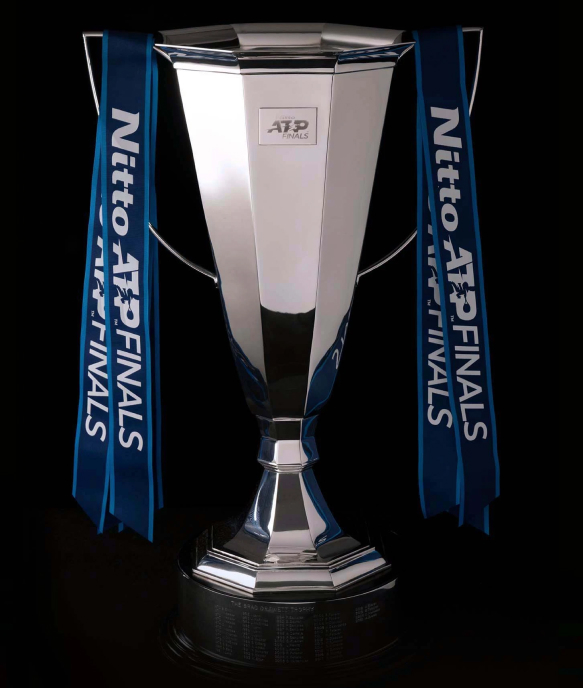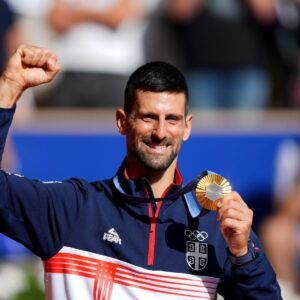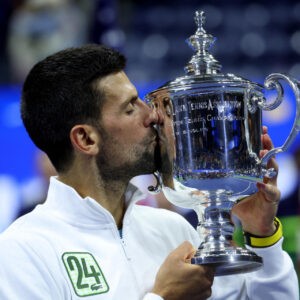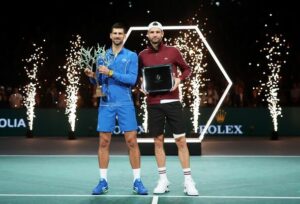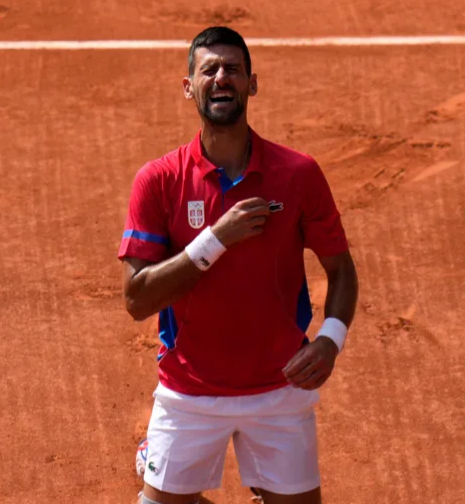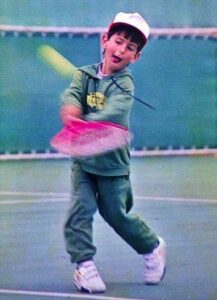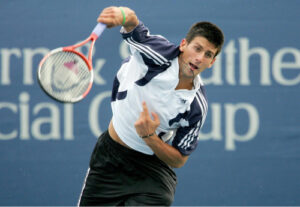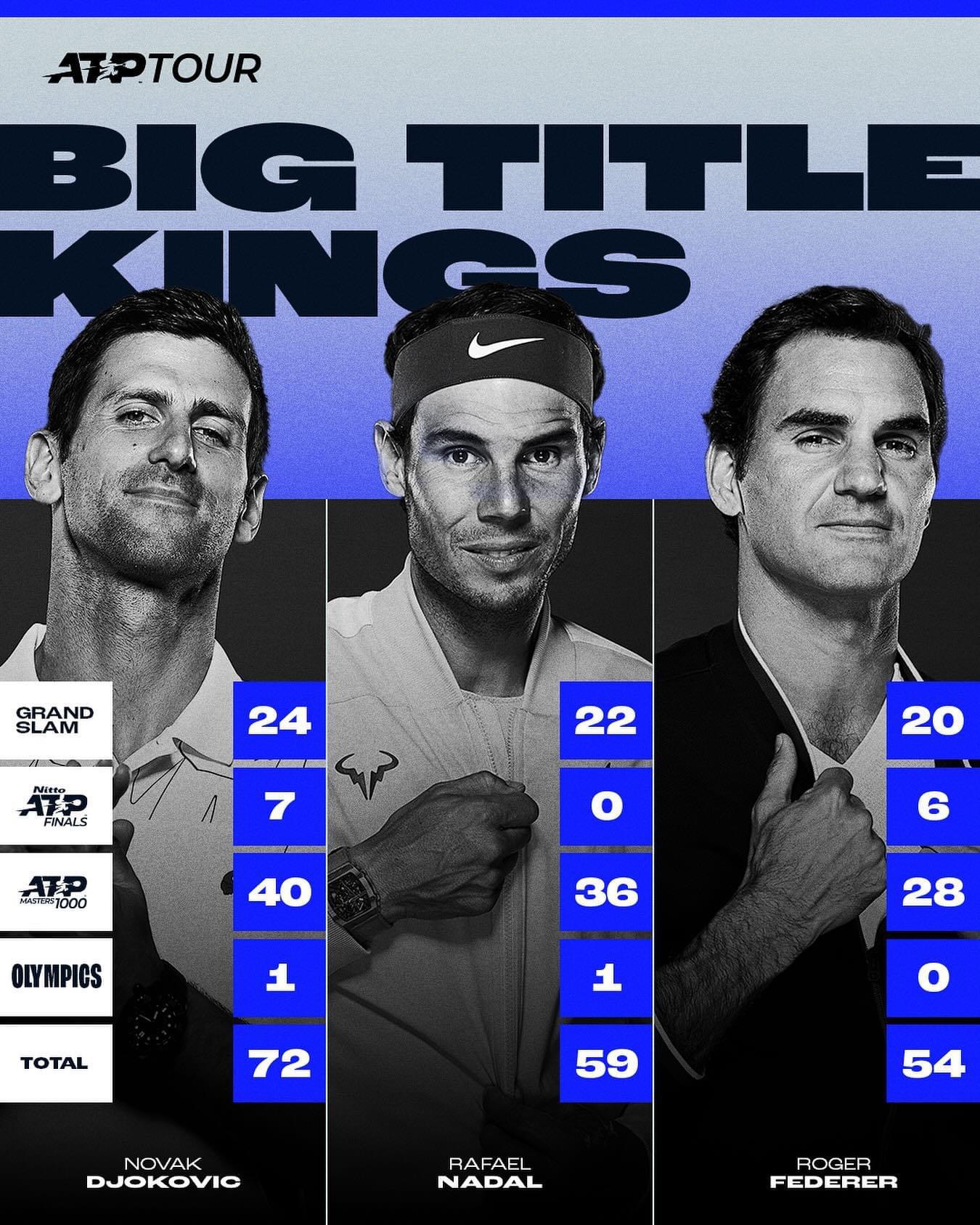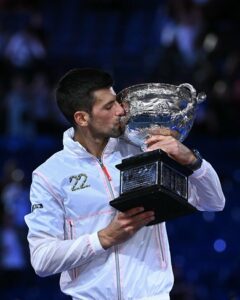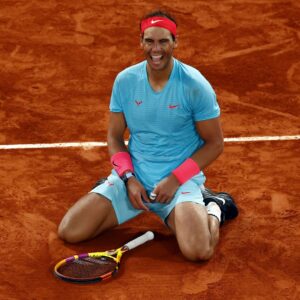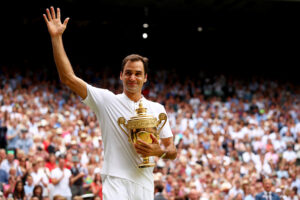- Casinos
CasinoLandia Main
Key Lands in Our Realm
The Land of Live Casino
- New Casinos
Land of New Casinos
New Casino Tracker 2025
New Crypto Casinos
- Crypto Casinos June 2025
- Crypto Casinos May 2025
- Crypto Casinos April 2025
- Crypto Casinos March 2025
- Crypto Casinos February 2025
- Crypto Casinos January 2025
- Crypto Casinos December 2024
- Crypto Casinos November 2024
- Crypto Casinos October 2024
- Crypto Casinos September 2024
- Crypto Casinos August 2024
- Crypto Casinos July 2024
- Crypto Casinos 2025
- Crypto Casinos 2024
New Casino Tracker 2024
- New Casinos December 2024
- New Casinos November 2024
- New Casinos October 2024
- New Casinos September 2024
- New Casinos August 2024
- New Casinos July 2024
- New Casinos June 2024
- New Casinos May 2024
- New Casinos April 2024
- New Casinos March 2024
- New Casinos February 2024
- New Casinos January 2024
- New Casinos 2024
- New Casinos 2025
- Slots
All Slots for All Tastes
Hot Slot Searches
Popular Slot Themes
- New Slots
The Land of New Slots
New Slot Tracker 2025
New Slot in Recent Years
New Slot Wayback Machine
- Bonuses
BonusLandia Main
Bonuses by Deposit & Occasion
Monthly Bonus Tracker
- Casino Bonuses June 2025
- Casino Bonuses May 2025
- Casino Bonuses April 2025
- Casino Bonuses March 2025
- Casino Bonuses February 2025
- Casino Bonuses January 2025
- Casino Bonuses December 2024
- Casino Bonuses November 2024
- Casino Bonuses October 2024
- Casino Bonuses September 2024
- Casino Bonuses August 2024
- Casino Bonuses July 2024
- Casino Bonuses 2025
- Casino Bonuses 2024
- Crypto Casinos
The Land of Crypto Casinos
Crypto Casino Tracker
- Crypto Casinos June 2025
- Crypto Casinos May 2025
- Crypto Casinos April 2025
- Crypto Casinos March 2025
- Crypto Casinos February 2025
- Crypto Casinos January 2025
- Crypto Casinos December 2024
- Crypto Casinos November 2024
- Crypto Casinos October 2024
- Crypto Casinos September 2024
- Crypto Casinos August 2024
- Crypto Casinos July 2024
- Crypto Casinos 2025
- Crypto Casinos 2024
Popular Crypto Games
Crypto Guides
- Live Casino
The Land of Live Casino
The Hottest Live Casino Games
Live Game Shows
Guides & Strategies Live Casino
- Tournaments
Get in the Ring
A Bit of What You Fancy
- Betting
Sports Betting
Sports Betting Tracker
- Best Sports Betting Sites June 2025
- Best Sports Betting Sites May 2025
- Best Sports Betting Sites April 2025
- Best Sports Betting Sites March 2025
- Best Sports Betting Sites February 2025
- Best Sports Betting Sites January 2025
- Best Sports Betting Sites December 2024
- Best Sports Betting Sites November 2024
- Best Sports Betting Sites October 2024
- Best Sports Betting Sites September 2024
- Best Sports Betting Sites 2025
- Best Sports Betting Sites 2024
eSports Betting
Virtual Sports Betting
- Guides
Popular Game Guides
- Guide to Playing Roulette
- Guide to Playing Blackjack
- Guide to Playing Baccarat
- Guide to Playing Poker
- Guide to Playing Texas Hold’em Poker
- Guide to Playing Omaha Poker
- Guide to Playing Craps
- Guide to Playing Dragon Tiger
- Guide to Playing Sic Bo
- Guide to Playing Bingo
- Guide to Playing Andar Bahar
- Guide to Playing Keno
Gambling Academy
Popular Topics
Fun Facts and Trivia
- News
News
![Lithuania]()

Jul 02, 2025
Lithuania Sets Gambling Advertising on a Countdown
![Evolution Gaming]()

Jul 02, 2025
Hasbro and Evolution Strengthened Their Alliance
- Complaints
Complaint Resolution







